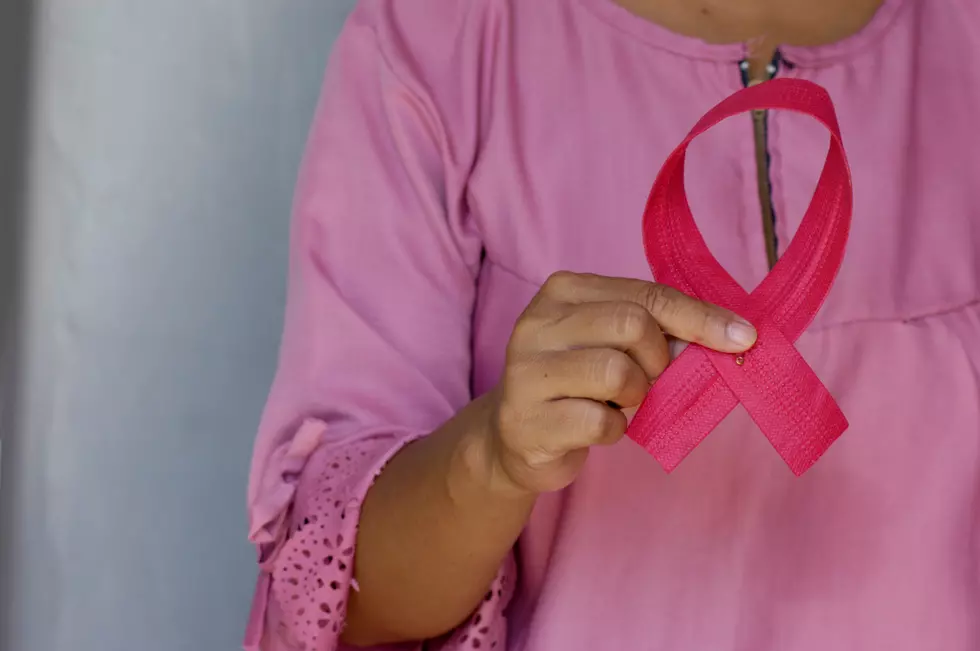
Colorectal cancer at age 30 — when and why you should get screened
When he received his diagnosis of colorectal cancer at age 30, Williamstown resident Fredric Rivers had no idea that it was the very same cancer that had taken his grandfather's life.
Rivers, who's now 40 years old, was only fortunate enough to catch the disease in an early stage because he had been dealing with issues related to ulcerative colitis, one of the risk factors for cancer of the colon and/or rectum.
A couple of major surgeries later, and still recording no evidence of disease during his checkups, Rivers is urging New Jersey residents to engage in the tough conversations that may be necessary in order to save your life or someone else's.
"Family should talk about their medical issues, and doctors shouldn't be feared because you may hear something you don't want to hear," Rivers said.
Colorectal cancer is the third most commonly diagnosed cancer among both men and women in the Garden State. It affects a slightly greater share of residents in New Jersey than in the nation as a whole.
According to American Cancer Society, more than 150,000 individuals will be diagnosed with colorectal cancer in 2022. More than 52,000 people will die from the disease this year. And a more recent concern is a significant increase in early onset colorectal cancer.
"Colon cancer among people younger than 50 now accounts for about 10% of all diagnoses for this kind of cancer, which is a big change," said Arnold Baskies, former chairman of the ACS National Board of Advisors.
In response to a substantial decline in cancer screenings prompted by the coronavirus pandemic, ACS is underway with a national initiative urging individuals to start these crucial tests or get back on track with them.
"We have multiple ways to screen, and there are options for people who don't want to undergo colonoscopies," Baskies said.
ACS recommends regular screening at age 45 for people at "average risk," meaning they have no personal or family history related to colorectal cancer. Individuals at "increased or high risk" might need to begin screening before age 45, and get screened more often.
Below are the factors, according to ACS, that put someone at greater risk, including the ulcerative colitis issues that led to the disheartening news for Rivers in 2012.
- A strong family history of colorectal cancer or certain types of polyps
- A personal history of colorectal cancer or certain types of polyps
- A personal history of inflammatory bowel disease (ulcerative colitis or Crohn’s disease)
- A known family history of a hereditary colorectal cancer syndrome such as familial adenomatous polyposis (FAP) or Lynch syndrome (also known as hereditary non-polyposis colon cancer or HNPCC)
- A personal history of radiation to the abdomen or pelvic area to treat a prior cancer
"Screening should be totally contingent upon the patient themselves and the family history, not so much a broad number," Rivers said.
Dino Flammia is a reporter for New Jersey 101.5. You can reach him at dino.flammia@townsquaremedia.com
Click here to contact an editor about feedback or a correction for this story.
These are the best hiking spots in New Jersey
New Jersey's smallest towns by population
More From 94.3 The Point










